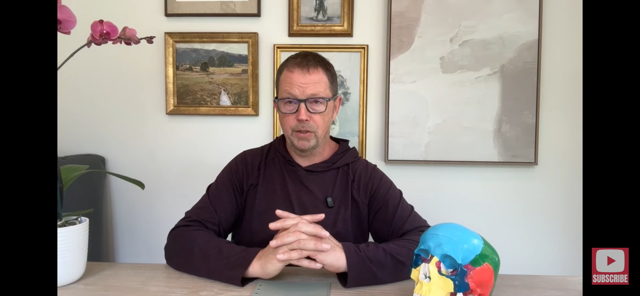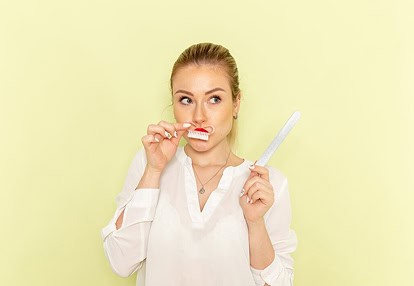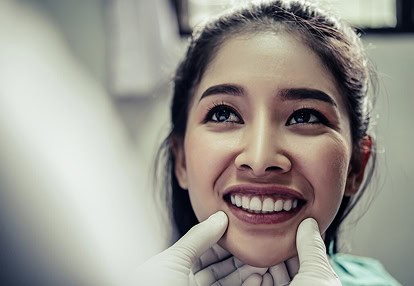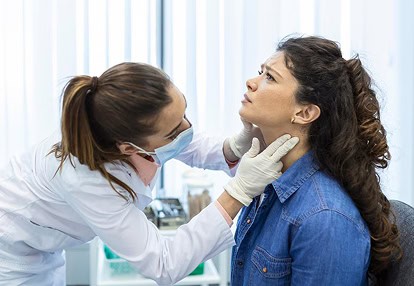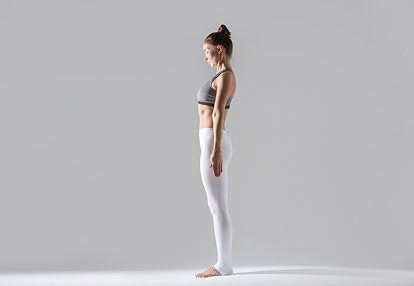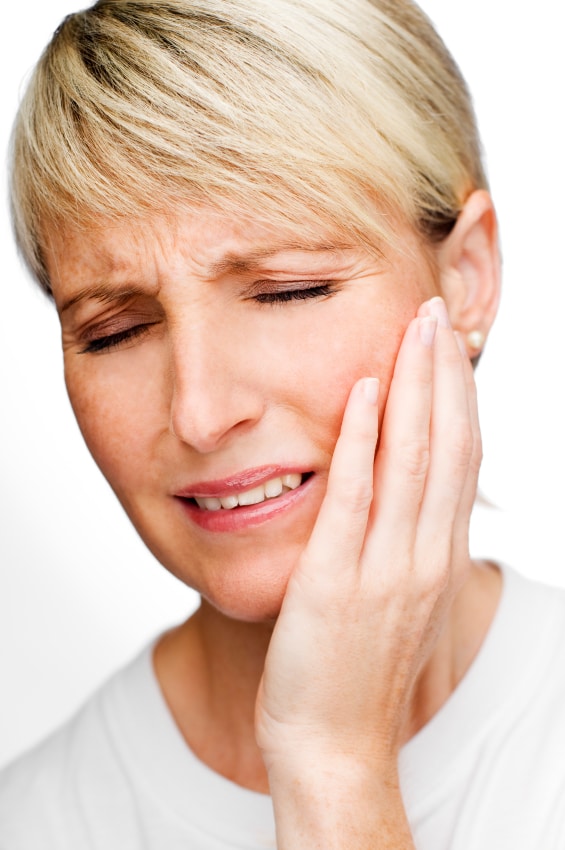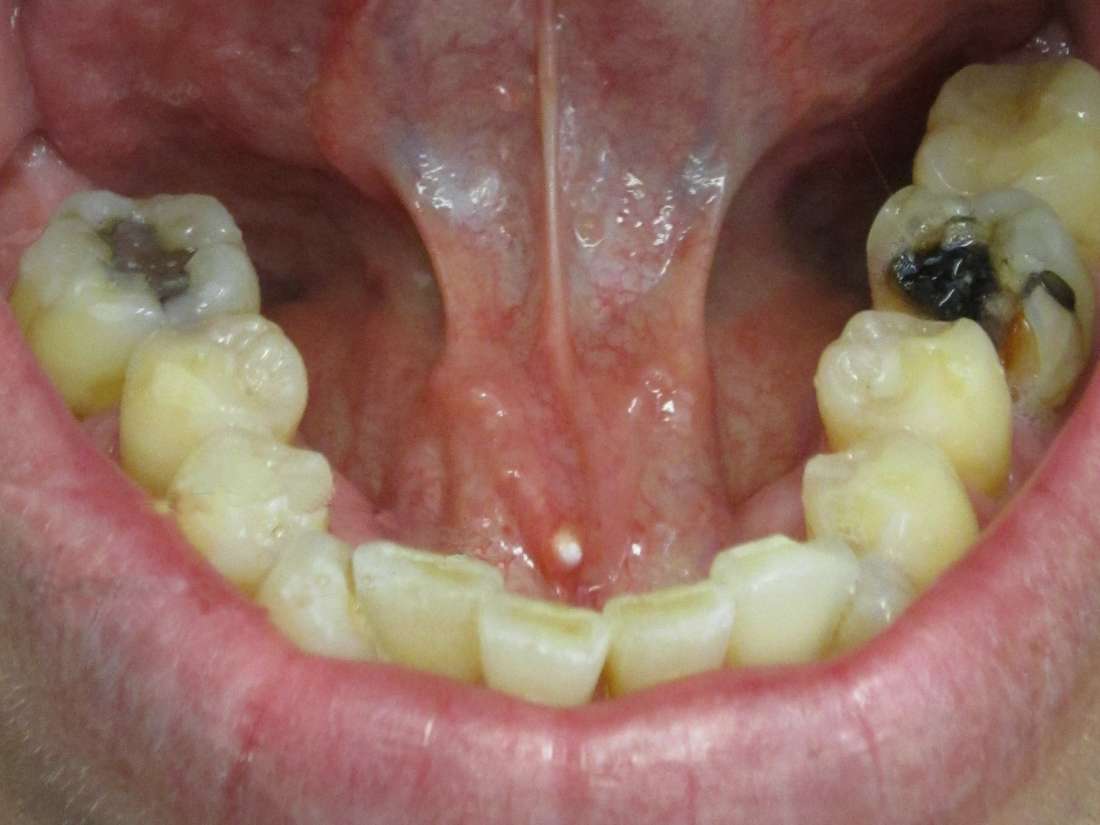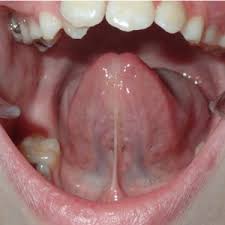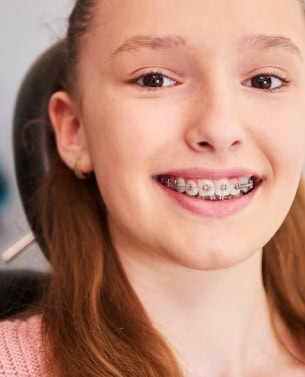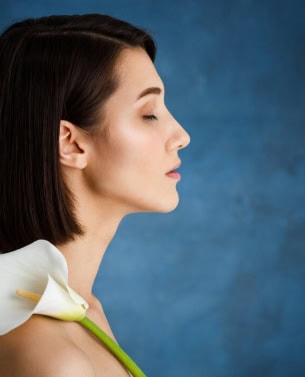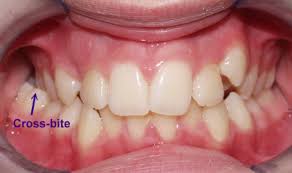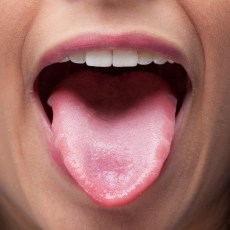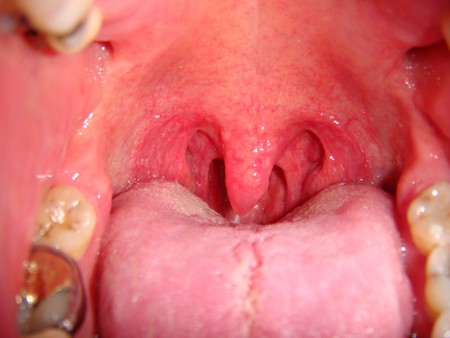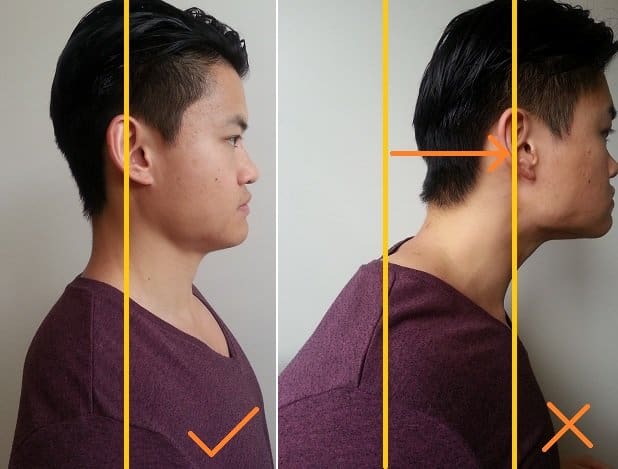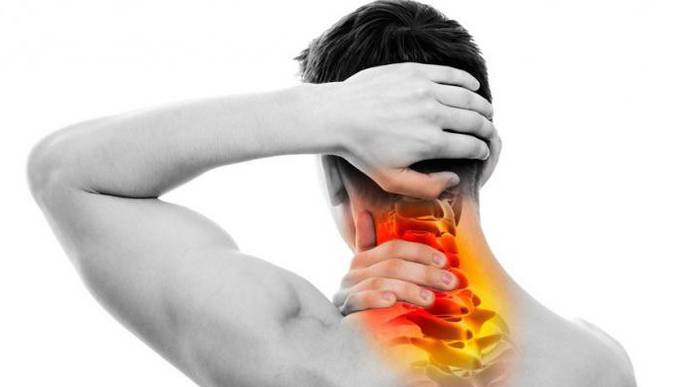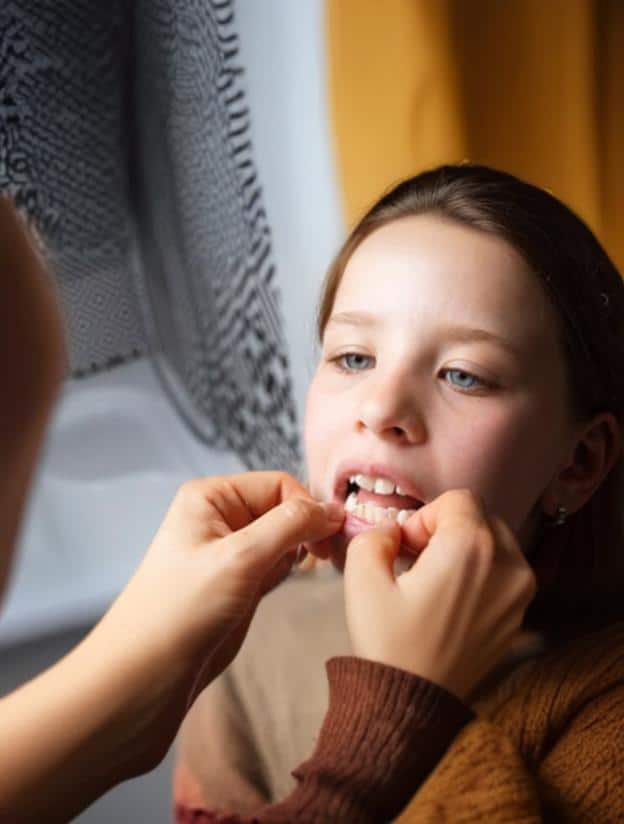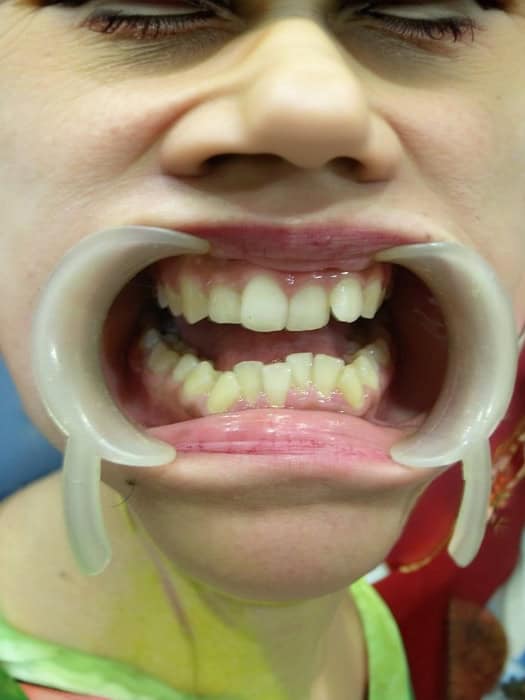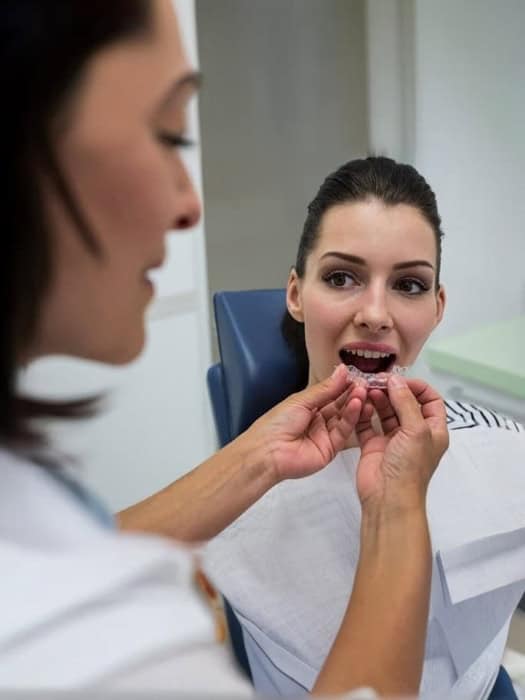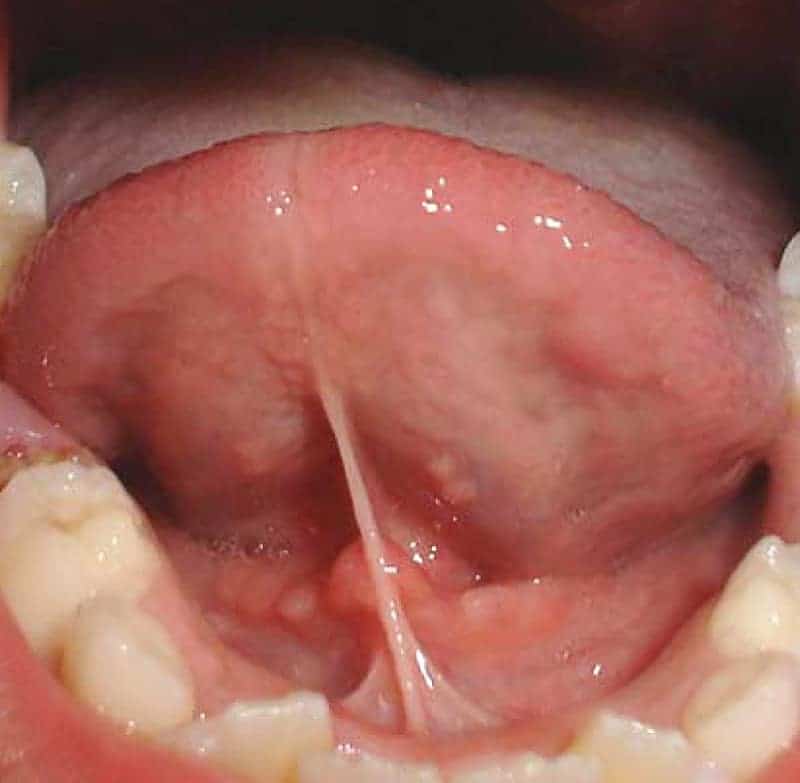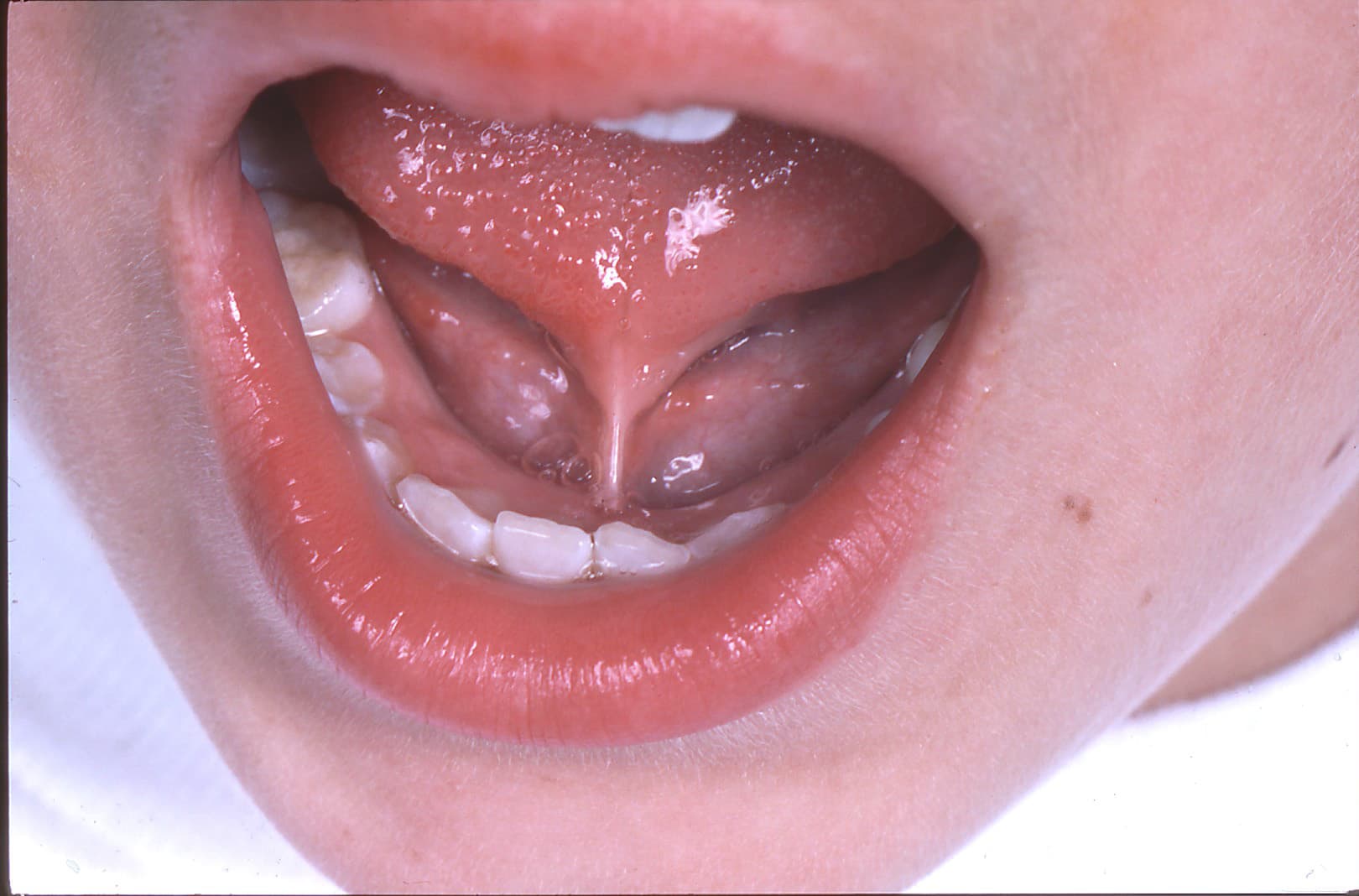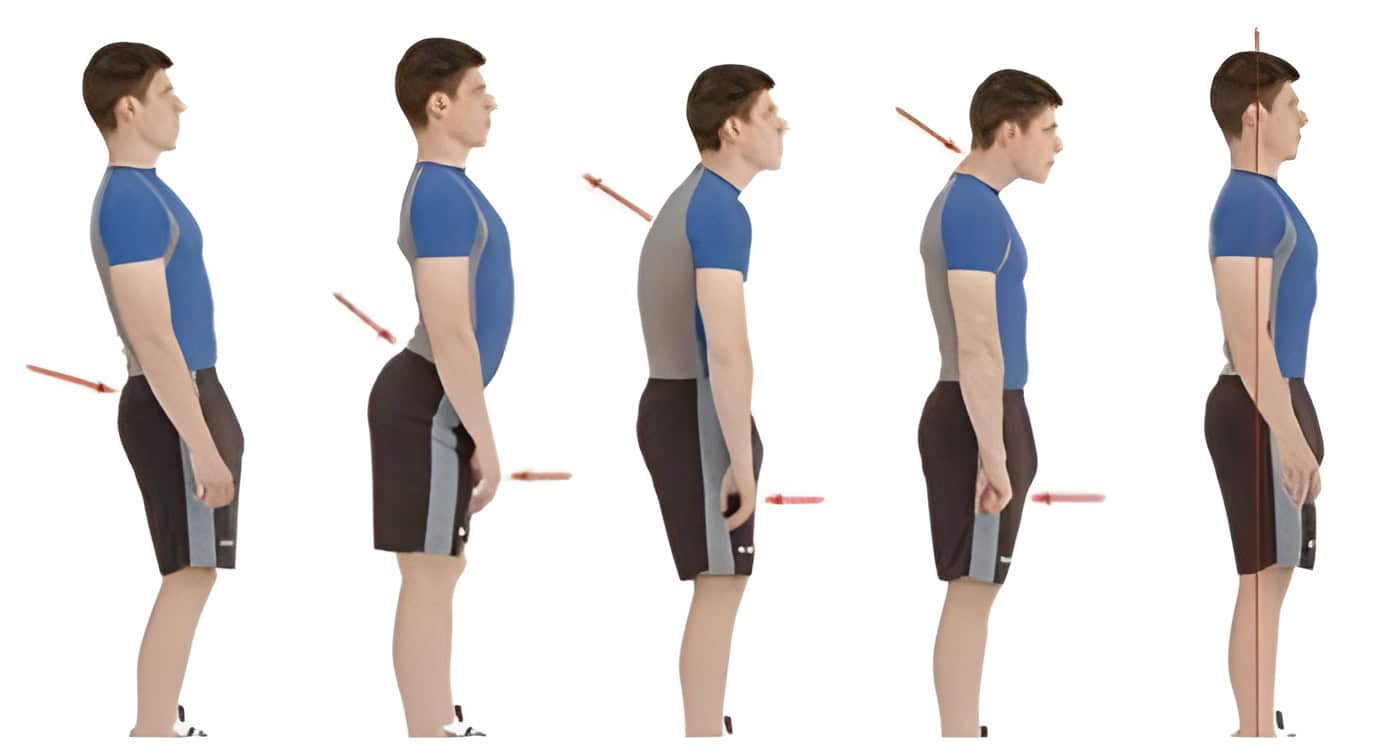What Our patient Say
Posted onTrustindex verifies that the original source of the review is Google. Dr. Gary and his staff are amazing ! I had two root canals pulled out due to infection that my regular dentist did not find and Dr. Gary after pulling out my root canals and cleaned out all that mold and bacteria on my gums after a month healing I could notice a huge difference in my energy level especially since I’m a fitness trainer and I felt so much better working out and not feeling fatigued which I was told it was because of menopause which actually it wasn’t it was due to infection in my gums . I cannot thank Dr. Gary enough and his staff for their help I’m forever grateful and I thank God for leading me to his office. I am recommending everyone I know that has root cancel problems or any dental problems to take the drive no matter how far you live because it is worth it and your body will thank Dr. Gary I know I’m grateful !!!! He’s the best and his team are wonderful !!!!Posted onTrustindex verifies that the original source of the review is Google. I highly recommend Dr. Adams and his team. I initially sought help to address the root cause of my teeth grinding/chipping after one dentist suggested Invisalign and another recommended MSE. I was looking for a more holistic approach, which led me to Dr. Adams and the Homeoblock appliance. I’ve had a successful lip and tongue revision with him, along with separate myofunctional therapy at Sound Mouths. I'm only halfway through treatment and I’ve seen incredible improvements so far such as easier breathing, better posture, improved range of motion throughout my whole body, less neck and trap tension, and a significant reduction in overworked jaw muscles. I also recommend working with Dr. Le to help balance everything in the body during this process. This has been the best investment I’ve made in my overall health. So happy to be working with this great team!Posted onTrustindex verifies that the original source of the review is Google. We are so lucky to have found Dr. Adams office! After a lifetime of poor sleep and a series of cracked teeth in the past few years from grinding, Dr. Adams and his staff helped me find the root cause of these issues and even addressed the results of some bad advice I got from other dentists in the past. I have worked with them on a lip release, a mouthguard, bite adjustments, myofunctional therapry and an implant, as well as soft tissue laser treatment for snoring. My 10 year old son is almost done with his expander and myofunctional therpay and we're already seeing a difference in terms of the space in his mouth, teeth alignment, posture, and mouth breathing. While other dentists recommended a quick, fixed expander, he was nervous about that so we were looking for a removable option and were so glad to find out that this actually has more benefits too! Dr. Adams and his staff are great with my son and he feels very comfortable going to appointments. Take the time to learn more about the connection between mouth breathing/jaw alignment and overall health! I wish I knew all of this earlier in life, but I'm so grateful that my son will not go through the same issues because he is working with Dr. Adams now. After working with a few "holistic, airway-focused" dentists in the past, his deep knowledge and thorough experience really shines in comparison.Posted onTrustindex verifies that the original source of the review is Google. During my childhood and teenage years, I underwent traditional orthodontic treatments twice, including rapid palatal expansion, headgear, and braces. Unfortunately, my condition relapsed because my tongue thrust was never addressed. In my early 20s, I had braces again and had my bicuspids extracted, which led to immediate issues with my bite, jaw, and breathing. My bite became misaligned and unstable. For the past year, I've been undergoing Homeoblock appliance therapy with Dr. Adams, and the improvements have been remarkable! My bite is now much more comfortable—my molars, which never used to touch, finally align, making it much easier to chew. After having my upper and lower lip ties released, I also noticed better breathing and further positive changes in my bite. The lower appliance has also helped me train my tongue to stay on the palate while I sleep, which used to fall back into my throat, disrupting my sleep. Now that my tongue is in the correct position, I’m enjoying much better sleep quality.Posted onTrustindex verifies that the original source of the review is Google. My root canal teeth started looking dark and my gums were inflamed. Dr Adams took a 3D X-ray and showed me where the infection around my root canals was causing bone loss. I had the teeth taken out and replaced with implants. I couldn’t be more pleased with the results - very natural looking!Posted onTrustindex verifies that the original source of the review is Google. I am in appliance therapy with Dr. Adams. Had orthodontics from 12-17 with bicuspid extractions and chronic neck, shoulder, jaw pain and difficulty getting enough air since that was finished. I had upper and lower lip and buccal ties released yesterday and I felt a release in my chest neck and shoulders I also felt like I could breathe so much easier and get more air through my nose. While skeptical of having the procedures done because no one wants to have surgeries or pain I am grateful I finally released that tight attachment and fascia.Posted onTrustindex verifies that the original source of the review is Google. I highly recommend Dr. Adams, he has been helping my five year old for almost a year with some issues related to sleep apnea and mouth/tongue issues. In conjunction with a myofunctional therapist, we are seeing good results. It wasn't until talking with Dr. Adams that I realized how much of the traditional mouth interventions don't take into account the basic human functions so it was a really valuable learning experience as he broke the concepts down so that I could easily understand the best options for my child. Dr. Adams and his staff are excellent with kids and very considerate of their experience. They have invested in the latest technology to make the child's experience super easy and my child always enjoys coming into their office. I really appreciate everything they have done and recommend consulting with Dr. Adams if your child has mouth/breathing related issues.Posted onTrustindex verifies that the original source of the review is Google. I had frozen shoulder for years and my drs couldn’t figure out what was causing it. I had my infected root canal tooth taken out and the symptoms immediately cleared up. The root canal removal protocol Dr Adams uses with ozone and PRF was exactly what I was looking for! I’m now in the process of getting my tooth replaced with a dental implant and couldn’t be more happy with the experience.Posted onTrustindex verifies that the original source of the review is Google. Dr Le, Dr Adams, and the staff are great! They go above and beyond providing excellent chiropractic and dental services that are customized to each patient. I highly recommend their services for the whole family!
 703-712-1053
703-712-1053 
